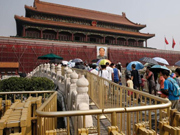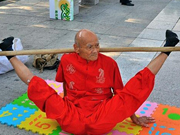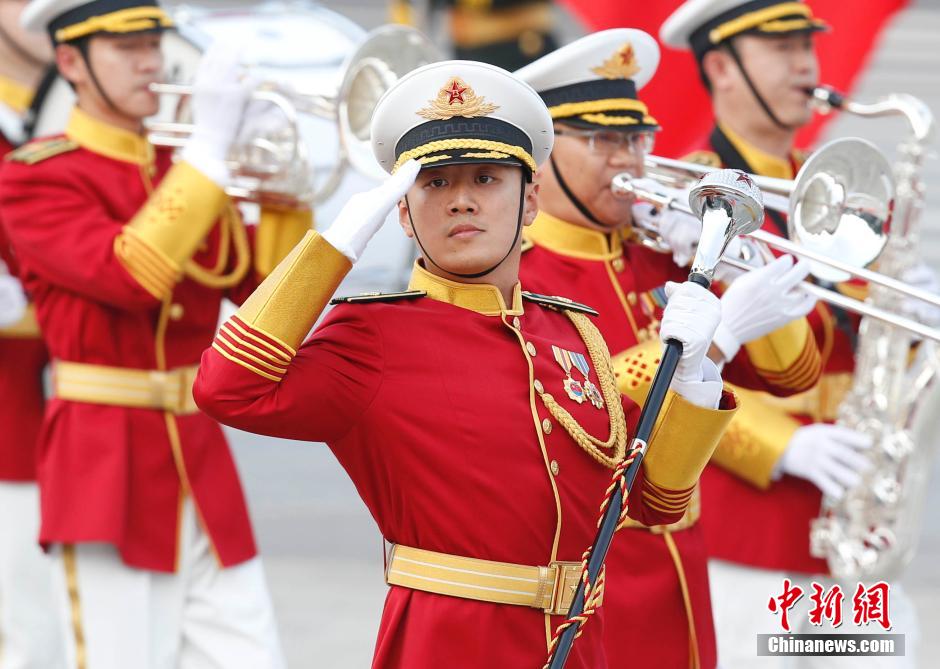The Cairo Conference held from November 22–26, 1943 in Cairo outlined the Allied position against Japan during World War II and made decisions about postwar Japan. The meeting was attended by the President of the United States Franklin D. Roosevelt, the Prime Minister of the United Kingdom Winston Churchill, and General Chiang Kai-shek of the Republic of China. The three allies stressed they fought this war to restrain and punish the aggression of Japan and would continue deploying military force until Japan's unconditional surrender. The leaders at the Yalta Conference of February 4-11, 1945 signed the secret agreement to fight against the Empire of Japan. On July 26, the U.S., the U.K. and China made the Potsdam Declaration, an ultimatum calling for the Japanese surrender which would lead to their "prompt and utter destruction" if ignored.
Since Japan’ government was committed to ignoring the Allies' demands and fighting on, the U.S. dropped the first atomic bomb on the Japanese city of Hiroshima on August 6, 1945, and the second atomic bomb on the Japanese city of Nagasaki on August 9, 1945. The Soviet Union confirmed the Potsdam Declaration and declared war on the Empire of Japan. On August 9, 1945, the Soviets commenced their invasion to northeast China and fought against the Kwantung Army of the Imperial Japanese Army. All these operations speeded up the destruction of Japanese Fascism and led to Japan’s surrender.
 |

 Tiananmen Square to be decorated to embrace the National Day
Tiananmen Square to be decorated to embrace the National Day Sea world 3D subway train unveiled in Ningbo
Sea world 3D subway train unveiled in Ningbo Photos of China's Liaoning aircraft carrier under sunset
Photos of China's Liaoning aircraft carrier under sunset 300 'Pandas' shown in Beijing
300 'Pandas' shown in Beijing Kai Ko, Jaycee Chan and other celebrities arrested
for drug use in 2014
Kai Ko, Jaycee Chan and other celebrities arrested
for drug use in 2014 78 years old man with stunning skills
78 years old man with stunning skills More than 2,200 troops assemble in N China for Peace Mission-2014 drill
More than 2,200 troops assemble in N China for Peace Mission-2014 drill Time travel shows - a popular form of entertainment in China
Time travel shows - a popular form of entertainment in China Guard of Honor of PLA shows up in new uniform
Guard of Honor of PLA shows up in new uniform Tractor race in Shandong
Tractor race in Shandong
Day|Week|Month